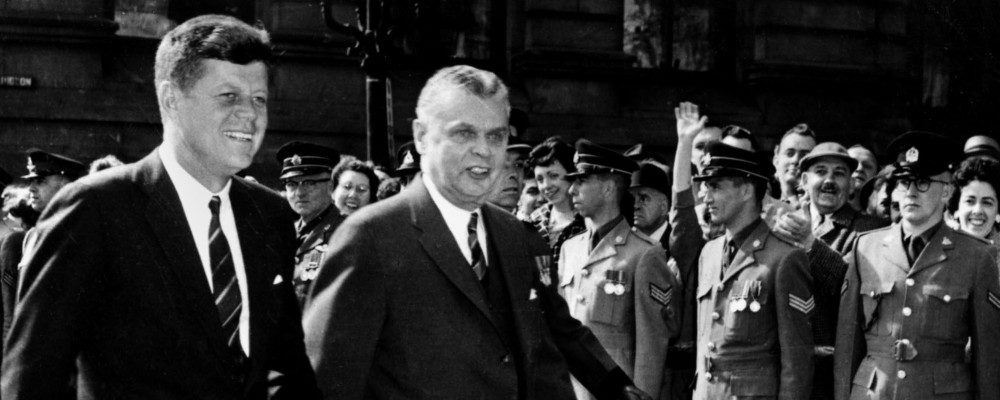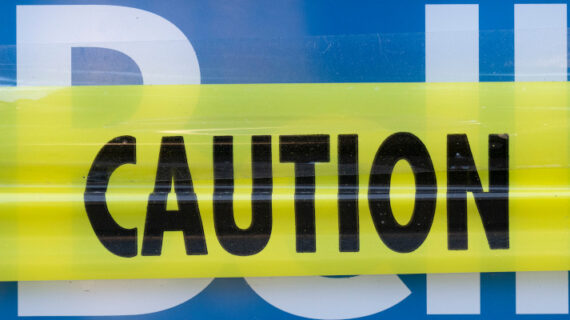There remains a good block of time left for reading this summer. Rather than offering you recommendations from the past year or two, today I broaden the lens and present a selection of books that may have been forgotten over the years but still provide a great return on your reading investment.
It has always surprised me that reading lists have rarely sourced what publishers call the “backlist” when presenting an audience with titles worth picking up. It’s even possible some of these books are already on your shelf — you just need a nudge to finally pick it up to read.
As a structure, I decided I would recommend one book from each of the past five decades. All of the authors are Canadian as is the subject matter. Publishers noted are the original ones.
1970s: Read Canadian, edited by Robert Fulford, David Godfey, and Abraham Rotstein (James, Lewis and Samuel, 1972)
It is the 50th anniversary of the publication of this little gem which tells us as much about the desire to cultivate Canadian literary ground in the years after the 1967 centennial as it does about Canlit at the time. A Maclean’s essay introducing the book in 1972 lamented the unknown state of Canadian writing noting that, “Read Canadian is the first book about Canadian books that attempts to pry the literature of this country out of its privacy.”
Between the covers is a series of essays about various aspects of Canadian life such as history, the arts, economics and politics. Reading this book is an exercise in the history of Canadian letters, pre-1972 and will undoubtedly give you a sense of what has changed in the country since then. It will also lead you to more noteworthy titles from the past.
Available online and at your local library.
1980s: The Presidents and Prime Ministers by Lawrence Martin (Double Day Canada, 1982): This book is a fun, anecdote-filled story of the bilateral relationship between Canada and the United States. Beginning with Sir John A. Macdonald and his assertions of nascent Canadian sovereignty, the book concludes with Pierre Trudeau and Ronald Reagan. Martin writes in his preface that, “The spirit of the continental relationship is primarily the responsibility of the presidents and prime ministers. They set the guiding tone, the leading temperament. If there is genuine warmth and harmony between them, there is usually the same between the countries.”
As a very small companion or update, you could also read Policy Magazine’s special issue on presidents and prime ministers published last year (disclosure: I wrote an essay for the issue).
Available on some online locations and at your local library.
1990s: Rogue Tory by Denis Smith (Macfarlane, Walter and Ross, 1995). It’s not hard to make the case that Smith’s book on prime minister John Diefenbaker is the best biography in the canon of work on former PMs. Meticulously researched, insightfully and accessibly written, Smith masterfully tells the story of Diefenbaker’s life and times, including how challenged he was managing people while prime minister.
“When he became prime minister in 1957, the country did not know him,” Smith writes. “When it came to know him and to experience his leadership, the country preferred the legend to the man. To understand him — and perhaps to understand his country as well in the twentieth century — it is necessary to know both legend and man, both myth and reality.”
And for those who still chafe at the cancelling of the Avro Arrow, read Smith’s analysis and find out why the decision was the right one.
Available as e-book, used copies online, or in libraries
2000s: The Uses and Abuses of History by Margaret MacMillan (Viking Canada, 2008). Given the current battles over history in Canada or the willful destruction of the reputations of historical figures, there may be no more important book about the nature and workings of history than Margaret MacMillan’s short and powerful thoughts about the past.
“There are also many lessons and much advice offered by history,” she writes, “and it is easy to pick and choose what you want. The past can be used for almost anything you want to do in the present. We abuse it when we create lies about the past or write histories that show only one perspective.”
Rather than an examination of specific flashpoints in history, MacMillan reminds us that there is a discipline to the subject as well as dangers.
Available in bookstores and in libraries
2010s: The Education of Augie Merasty by Augie Merasty (University of Regina Press, 2015)
The history of residential schools remains front and centre in our national conversation as moments such as the papal visit and apology this summer continue to add to the unfolding story. Augie Merasty was a survivor of the St. Therese residential school in Saskatchewan during the 1930s and 1940s. His short but powerful memoir made it an easy choice not only for me to use in my teaching of Canadian history, but also as perfect read for anyone who wants to find out what it was like at these schools.
As Merasty, who died in 2017 at age 87, wrote, “I sincerely hope that what I have related here will have some impact, so all that has happened in our school, and other schools in all parts of Canada — the abuse and terror in the lives of Indian children — does not occur ever again.”




